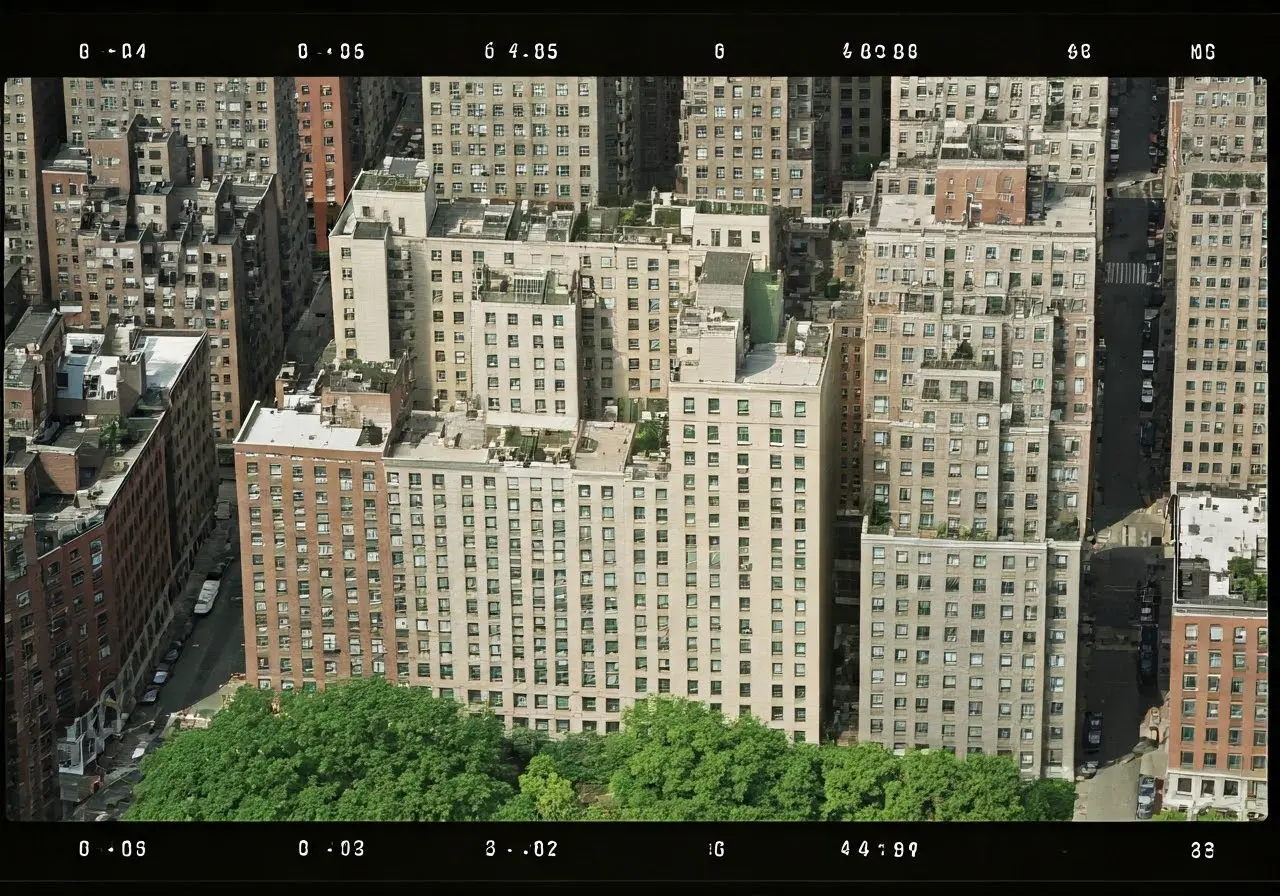Navigating the real estate market in New York City can be daunting, but for those looking for affordable housing options, Housing Development Fund Corporations (HDFCs) offer an intriguing solution. In this blog, we’ll explore the world of HDFCs, how they work, and what it takes to secure one of these coveted co-op apartments.
What are HDFCs and Why They Matter
HDFCs are unique housing cooperatives created to provide affordable housing opportunities to low- and moderate-income families in New York City. These co-ops play a crucial role in maintaining the city’s cultural diversity by offering below-market-rate housing options.
Despite the availability of various housing programs, HDFCs remain a prominent choice due to their longevity and impact on local communities. Historically, HDFCs emerged out of a necessity to revitalize areas negatively affected by urban decline. The initiative allowed for a transformation of abandoned buildings into affordable living spaces. By doing so, these co-ops not only provide homes but also foster community engagement and economic opportunities within neighborhoods. This aspect underscores the continuing relevance of HDFCs in supporting vibrant and sustainable urban environments in NYC.
Eligibility Criteria for HDFC Co-ops
To qualify for an HDFC co-op, applicants must meet specific income requirements and adhere to certain financial guidelines. This ensures that the program targets those who need it most, while maintaining the economic viability of these cooperative buildings.
HDFC co-ops typically have income limits that are set as a percentage of the area median income (AMI), which varies depending on the size of the household. It’s important for prospective buyers to frequently check the current income limits to determine their eligibility. Furthermore, applicants often need to demonstrate a clear understanding of the co-op’s mission and the willingness to be part of a collective ownership model that requires participation in the cooperative’s governance. This inclusive approach assists in creating a sense of shared responsibility and community among residents.
How to Find Newly-listed HDFC Co-ops
Finding available HDFC listings can be challenging, but with persistence and the right resources, it’s entirely possible. Start by exploring online listings, working with real estate agents familiar with HDFCs, and engaging with community housing organizations.
A good strategy is to regularly visit websites that specialize in affordable housing listings. Additionally, attending local community meetings can provide insight and direct connections to available HDFC units. It’s advantageous to network within housing circles to hear about openings before they are widely advertised. Persistence is crucial, as opportunities often arise unexpectedly in such a competitive market. For the latest pricing news, check our updates regularly.
Another useful tip is to leverage social media platforms and online forums where residents and real estate experts share insights. These communities often have up-to-date information on HDFC availability and can offer tips on how to navigate the application process effectively. Engaging with these platforms can lead to discovering hidden gems that haven’t yet been listed publicly, opening up additional avenues for securing a co-op.
The Buying Process: Securing Your HDFC Co-op
Once you’ve found an HDFC unit, the buying process involves submitting an application, providing financial documents, and attending board interviews. Patience and a thorough understanding of the co-op regulations can greatly enhance your chances of success.
It’s imperative to present a comprehensive and honest financial profile during the application process. Board interviews are pivotal, as they assess not only your qualifications but also your fit within the community. Preparing for these interviews by understanding the co-op’s rules and expectations can make a positive impression. If approved, the subsequent steps involve finalizing the purchase agreement, coordinating with lenders familiar with HDFC transactions, and conducting due diligence on the co-op’s financial health before sealing the deal.
Engaging a real estate attorney with experience in HDFC transactions can be invaluable. They can guide you through contract reviews and ensure your rights and obligations are clear before you commit. This holistic approach safeguards your investment and sets the stage for a successful transition into your new home.
Financial Considerations of Owning an HDFC
Owning an HDFC co-op comes with unique financial responsibilities, such as maintenance fees and potential assessments. It’s vital to budget accordingly to ensure that these ongoing expenses fit within your financial means without compromising your lifestyle.
Maintenance fees, which are akin to monthly rent payments, cover essential services and amenities provided by the co-op. Prospective buyers should be aware that these fees can increase over time due to inflation or unexpected building repairs. Occasional assessments may also be levied to fund large-scale improvements or emergency repairs, so maintaining an emergency fund is advisable. Understanding these financial dynamics well ahead of purchase can help prevent future financial stress.
Moreover, scrutinize the co-op’s financial statements during your due diligence process. Assess its reserve fund and any liabilities that might affect future costs. Engaging in active participation within the co-op community can also provide insights into financial decision-making processes, allowing you to address potential concerns proactively and be well-prepared for any future financial changes.
Your Path to an Affordable NYC Co-op
Becoming an HDFC co-op owner in NYC involves understanding the eligibility criteria, budgeting for ongoing expenses, and taking the right steps to secure a unit. With patience and informed guidance, you can find an affordable home in the city’s competitive housing market. Start your journey today and open the door to the lifestyle you’ve been dreaming of by visiting our homepage.


